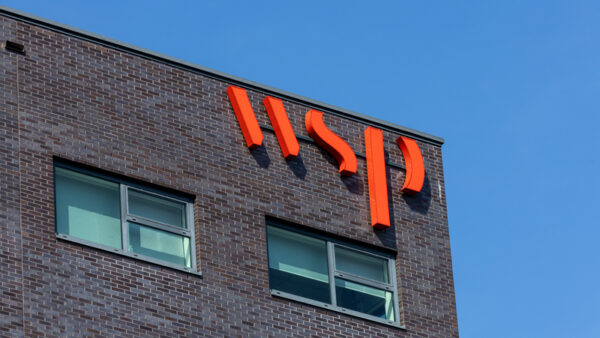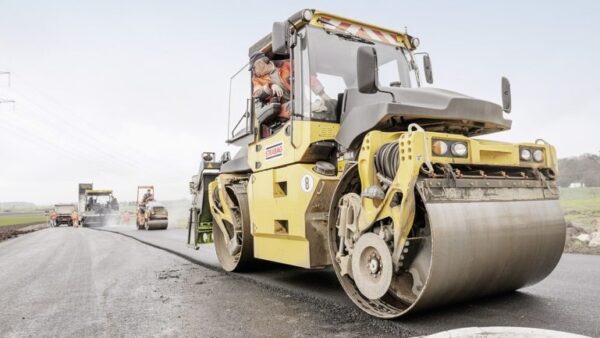Austrian contractor Strabag’s long struggle to enter the Russian construction market finally achieved some success with the award of a $400m contract to build a steel foundry and rolling mill in Tula, a city 200km south of Moscow.Â
The firm had hoped to make Russia its largest single market, next to Europe and the Middle East, but has so far struggled to make an impression. Hans-Peter Haselsteiner, the founder of Strabag, told Trend magazine back in May, “Russia is much, much more difficult than we had estimated.”
The contract coincides with a decision by the Austrian competition authority to approve the acquisition of 25% of Strabag’s shares by Russian billionaire Oleg Deripaska. Deripaska originally bought his stake in 2007 from Haselsteiner. He later sold them, then bought back 19%, and retained an option to take this to 25%, which was to have expired today.Â
Deripaska’s involvement in Strabag was the main reason the firm was targeting the Russian market: his Basic Element investment vehicle, which employs about 250,000 people, owns many of the contractor’s potential clients. However, the industrialist’s operations were hit by the 2008 financial crisis, and the group has spent much of the past six years disposing of operations, such as its stake in Canadian automotive firm Magna International, to protect its liquidity.
The Austrian company was also hoping to take over Basic Element’s Transstroy construction firm. It bought a 26% stake in November 2010, but then found that it was unable to complete the due diligence procedure required to take a majority holding. Haselsteiner, who last month stepped down as Strabag chief executive, said: “It is a great personal disappointment that everything is taking so incredibly long.”Â
Work on the Tula plant will begin in the autumn and is expected to be completed in late 2016. As part of the deal, Strabag is to construct a rail link to the Russian network. The German metallurgical company SMS Siemag will provide the equipment. When finished, the plant will produce up to 1.5 million tons of rolled steel a year, making it one of the main suppliers for machine tools, cars and construction firms in central Russia.Â
Thomas Birtel, the chief executive of Strabag, commented: “Over the past few years we have built steel mills of similar dimensions and complexity. This contract highlights our excellence in the construction of industrial plants.” Strabag has recently undertaken three steel mills of a comparable size.
The client for the work is the Tulachermet-Steel, the world’s largest producer of pig iron.






